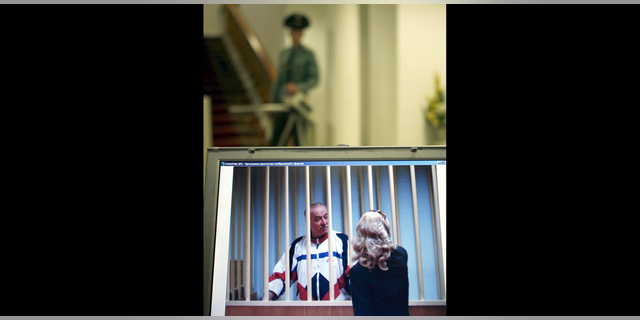The specter of espionage has long cast a shadow over U.S.-Russian relations, a dynamic often characterized by tension, mistrust, and pivotal exchanges that can alter geopolitical alignments. Recent reports indicate that a potential spy swap may be on the horizon, reigniting conversations around the clandestine operations that define much of the contemporary intelligence landscape. This discourse encompasses a multitude of aspects, the most significant of which include historical precedents, strategic implications, and the intricate legal considerations intertwined within such exchanges.
Historically, the practice of exchanging spies between rival nations is steeped in a rich tapestry of espionage lore and diplomacy. One of the most notable swaps occurred in 2010 when ten Russian agents were traded for four convicted spies in the West. Such operations often serve as both a political statement and a mechanism to mitigate tensions. The current atmosphere is no different; as both nations navigate the prickly waters of international relations, a spy swap might be seen as a tactical move aimed at fostering a temporary détente—an easing of hostilities that could pave the way for more substantial dialogues.
The strategic implications of a spy swap cannot be overstated. For the U.S., it may signal a willingness to engage in dialogues on broader security concerns, including nuclear proliferation and cyber warfare, areas where both nations hold significant stakes. In contrast, for Russia, such a swap could be leveraged as a propaganda victory, showcasing its ability to reclaim assets deemed valuable in its intelligence apparatus. Consequently, the ripples of such an exchange extend far beyond the immediate parties involved, affecting allies and adversaries alike.
Furthermore, the legal ramifications of these operations invite scrutiny and controversy. Intelligence operatives often operate in a murky realm, where the lines between legality and illegality blur. The decision to facilitate a spy exchange encompasses a labyrinth of diplomatic negotiations and legal agreements, ensuring that the rights of the individuals involved are respected while maintaining national security interests. Questions abound: What mechanisms will be employed to safeguard the exchanged individuals? How will their reintegration into society be managed? Such concerns necessitate careful consideration and planning.
As the prospect of a U.S.-Russian spy swap looms closer, the world watches with rapt attention. The unfolding narrative surrounding this potential exchange is emblematic of a larger discourse on espionage, security, and international relations that permeates contemporary geopolitics. In this context, readers can expect a rich tapestry of content exploring not just the mechanics of the swap but its broader implications for U.S.-Russian relations and the intricate web of global diplomacy.
